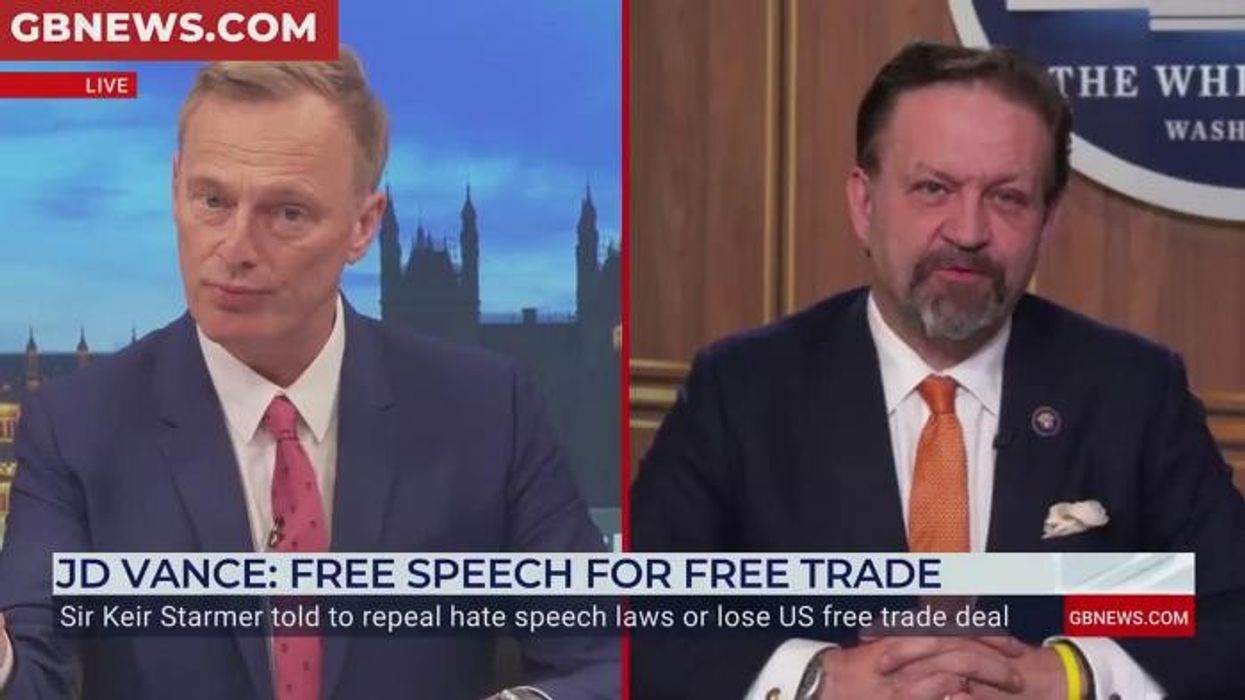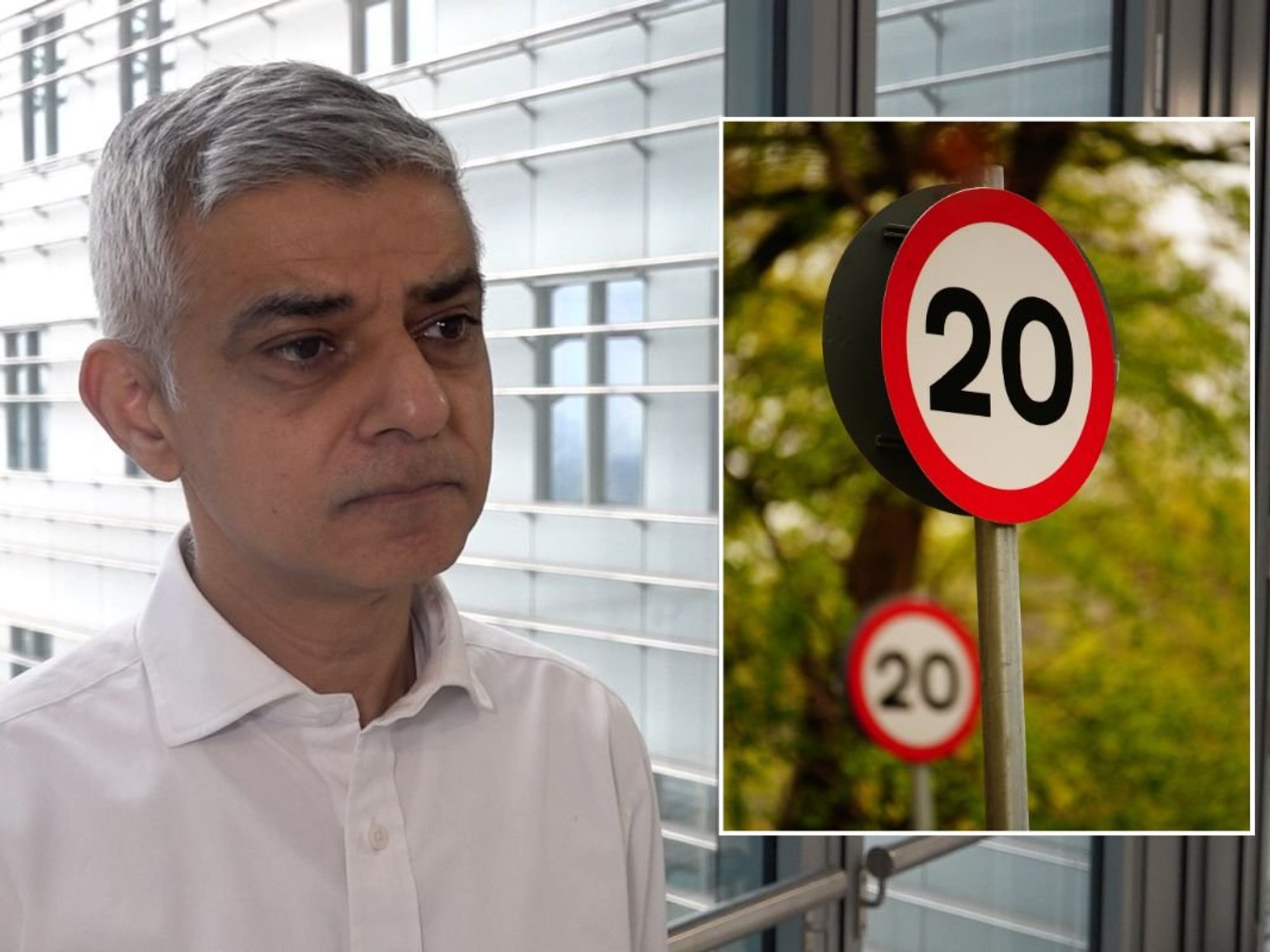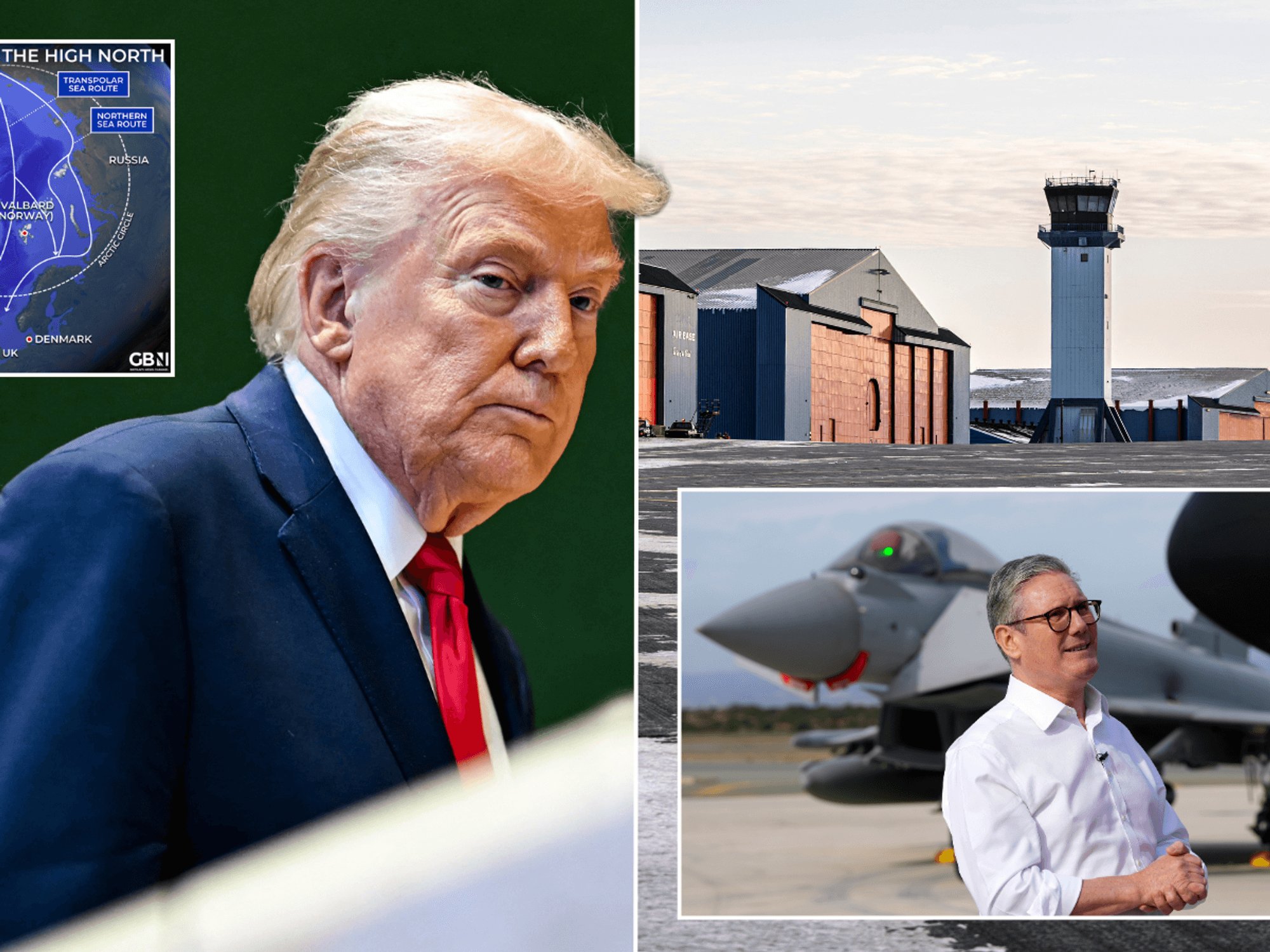The US has two big fears about free speech in Europe - one risks torpedoing a UK trade deal - John Redwood

OPINION: We need to wake up to the economic and business realities
Don't Miss
Most Read
When Vice President JD Vance gave a speech in Europe attacking countries for denying free speech, he took his audience by surprise. He came prepared and gave live examples, including a UK case about people's rights near abortion clinics. His audience did not see themselves as censors breaking the long-held position of Western democracies that freedom of speech matters.
They think they can select which views are acceptable and which are offensive, going beyond enforcement against generally agreed-upon criminal acts. Nor did they immediately grasp that this would also be an important part of any trade talks as the two sides try to sort out their very real differences about tariffs and non-tariff barriers.
The US has two big fears about free speech in Europe. As President Trump and his team were subject to endless legal attacks prior to the election aimed at stopping them from even being allowed to run, they are concerned when radical parties in Europe experience the same treatment.
They are also being lobbied by the US technology giants, who see some EU/UK regulation of digital business as going too far, making it more difficult for US companies to do business abroad. They also point to extra taxes and high fines on the US tech majors.
 The US has two big fears about free speech in Europe - one risks torpedoing a UK trade deal - John Redwood |
The US has two big fears about free speech in Europe - one risks torpedoing a UK trade deal - John Redwood | Getty Images
The Europeans need to wake up to the economic and business realities. EU GDP or national income per head has sunk to just half the level of the US. The UK is only one-fifth higher than the EU average, well down on America. Lots of cheap energy has helped the US grow so much faster than the EU all this century to date. An even bigger reason for their success is the dominance of US digital technology.
They have pioneered iPads, smarter phones, computer search, online retail, advanced software, downloaded entertainment and social media. UK businesses and households are now totally dependent on US software, messaging, and processing to do most things.
Of course, we need laws against using the internet and its offspring to spread hate crimes, plan terrorist attacks, harm children or pursue a life of crime.
These things are all illegal anyway, however pursued. Carefully drafted amendments and additions to general anti-crime laws might help by specifying how abuse of digital technology can further criminal aims. What the US alleges is UK and European regulation of online goes well beyond this and is imposing unreasonable demands on a few US digital giants who keep our lives turning.
Regulation should not limit critical commentary on government or political views that governments do not like. The digital companies should not be the new thought police. They should help authorities fight hate crimes. The EU sees them as a source of additional tax revenue above standard corporate taxes.
The EU and UK have often posed as the governments to design lots of new regulations for the digital US companies. They claim a moral superiority. They impose fines and require changes of approach. The US feels these companies provide lots of services that European consumers want.
Many of them are offered with no direct service charge to individual customers, paid for by adverts and by the companies also using the online service. The US wants to see more proportion in how Europe regulates.
Calling this a battle for free speech is a way of getting it onto the front pages, away from the business pages. It makes the case that there might be a censorship agenda and an anti-US corporation agenda here, which the US does not like. The UK should be tough on criminal behaviour whilst recognising the central importance of these amazing technologies from the US that govern so much of what we do at work, at home and out and about.
The UK needs to maximise the use we make of them and welcome the huge investment they bring. Trying to turn them into weapons in a trade war could end up with us as the losers.
As the UK government puzzles over its own collapsed productivity and high costs, it turns to artificial intelligence. That means more use of US services. As it looks at stalled growth, it wants more data centres. That means US companies need a lot more reliable and good-value energy. The government should recognise the importance of US technology to us all and use it. It should not try to tax and regulate it in antagonistic and self-defeating ways.











